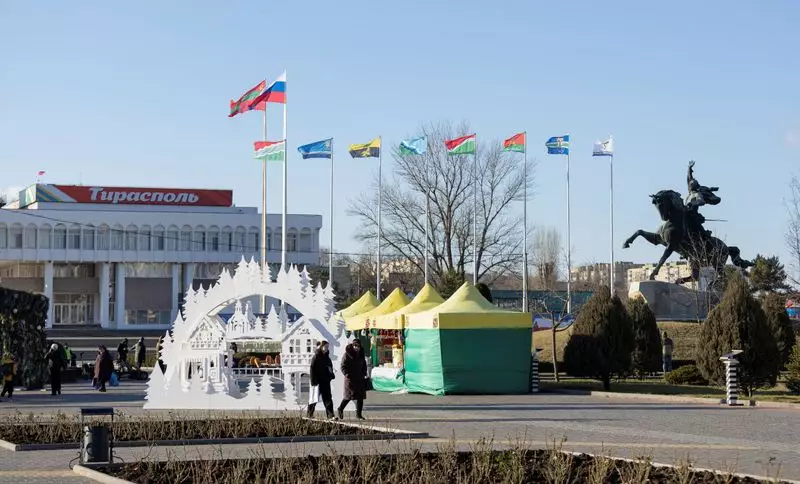Transdniestria, an unrecognized breakaway region of Moldova, is currently navigating a complex energy crisis induced by geopolitical tensions and the frailty of its energy supply chains. With the recent curb on Russian gas supplies, authorities in this Russian-backed territory are attempting to mitigate energy shortages through conservation efforts. This situation raises questions not only about energy sustainability but also the broader implications of foreign influence and internal governance.
The cessation of Russian gas to Transdniestria has had a cascade effect on the region’s energy infrastructure. The primary supplier, Gazprom, has halted shipments, claiming Moldova owes $709 million in back payments. Moldova contests this figure, underscoring the inherent complexity of the economic relationship between Russia, Moldova, and Transdniestria. As a result of this energy vacuum, authorities in Transdniestria have been compelled to implement rolling blackouts that have directly affected daily life and industrial production.
Recent updates indicate a gradual easing of these power cuts, with reports claiming that blackouts were reduced from eight hours to three in a short span. These alterations point to a critical reliance on energy conservation initiatives, which, while effective in the short term, may not be sustainable in the long run. Authorities have urged factories to adapt to this reality, resorting to night shifts to alleviate grid pressure. However, some significant industries, including a vital steel mill and a local cement factory, have ceased operations, hinting at the severe economic consequences of this energy crisis.
Moldova’s government has characterized the energy situation as a strategic manipulation by Russia aimed at destabilizing Moldova in the lead-up to an upcoming parliamentary election. The Moldovan authorities have voiced their commitment to supporting Transdniestria in overcoming its energy issues, yet there appears to be a noticeable disconnect. The leadership in Transdniestria has dismissed any proposals for assistance, signaling a deepening chasm not only in energy needs but in political relations.
Daniel Voda, Moldovan’s press secretary, has condemned Russia for the energy crisis, calling it a calculated ploy to exert control. His assertion highlights a sentiment pervasive among Moldovan officials that Russia’s actions reflect a broader strategy of leveraging energy dependency as a tool of political influence. This rhetoric emphasizes the charged atmosphere between the two regions, projecting a narrative of victimhood against an oppressive adversary.
The underlying tensions between Moldova, Transdniestria, and Russia serve as a microcosm of the larger geopolitical struggle in Eastern Europe. Following the dissolution of the Soviet Union, Transdniestria declared independence amidst a violent conflict, which, despite being unresolved, has led to a continued Russian military presence. The region has thus been tethered to Russian energy supply lines that are now fraying amid an ongoing conflict primarily centered in Ukraine, which has also denied the passage of gas through its territory.
With the Turkey-Bulgaria-Romania alternative route proposed by Moldovan President Maia Sandu hanging in the balance, it raises questions regarding feasibility and political will. The diplomatic channels necessary for such arrangements are fraught with complications due to historical grievances and current hostilities.
The energy crisis in Transdniestria serves not only as a pressing economic challenge but also as a litmus test for the region’s political sovereignty and alignment. As both Transdniestria and Moldova navigate through this tumultuous energy landscape, the interplay of national interests and historical ties with Russia will continue to complicate any immediate solutions. Addressing the energy needs while preserving political integrity will require significant negotiation and strategic foresight, stressing that energy security is ultimately intertwined with broader notions of sovereignty, dependence, and resilience in the face of external aggression.

